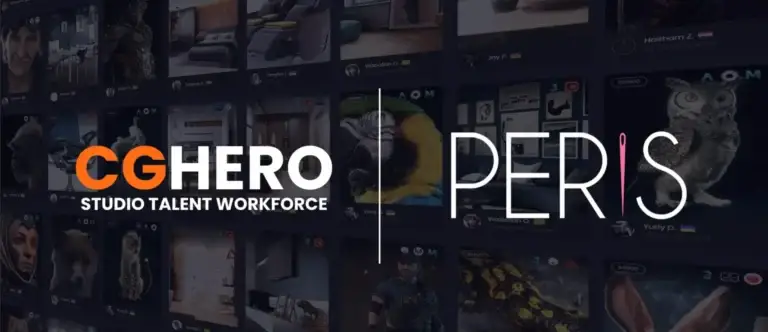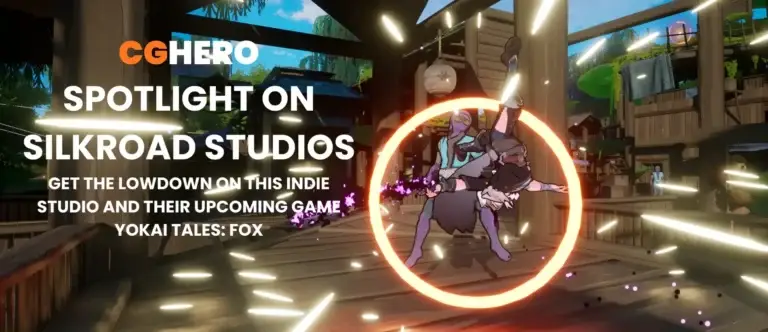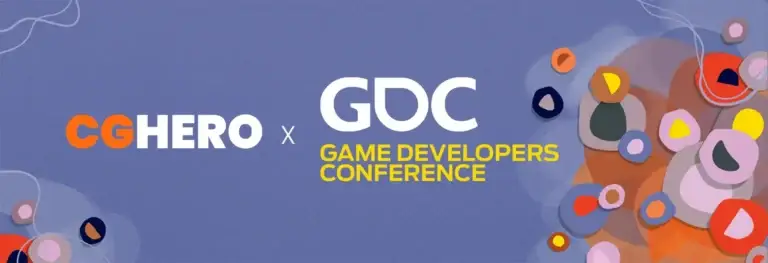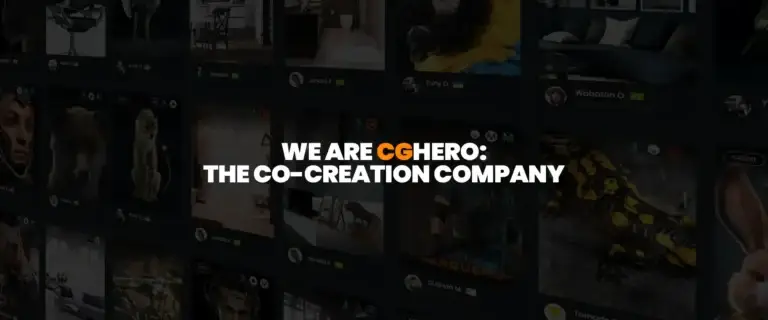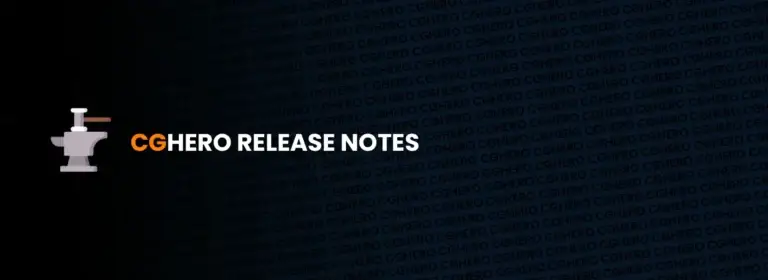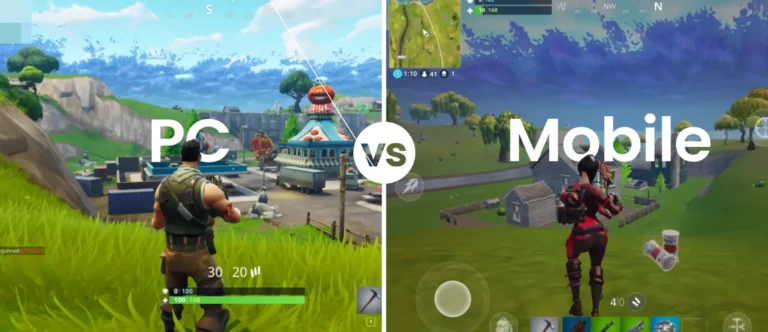The header image used for this article was provided by Luan. View here
Do you dream of working to your own schedule? Working whenever you feel like it, at rates you set, on exciting new projects every week?
Do you love independence, working to your pace, at the comfort of your own PC?
Have you ever considered becoming a freelancer?
So, you want to be a freelancer…
In today’s world, the gig economy rules supreme. More and more, people are turning away from full-time office work and into the freelance sector, especially in the digital arts and CGI sector. Since the Covid19 pandemic, artists have come to vastly prefer the independence working from home offers them, leading to a huge influx of new freelancers in the industry.
And who can blame them? For a creative, productivity, imagination and general quality of work is reported to have increased considerably since remote working has been implemented as a standard in companies globally, and so for many becoming self-employed is the next logical step.
However, if you don’t already work in the games or film industry and want to start your career as an independent designer, or want to make the jump into self-employment, here’s your guide on everything you need to know about freelancing in the CG industry.
Pros & Cons
Pros
Flexibility
Possibly the biggest benefit to working freelance – the flexibility. Deadlines and deliverables are your only restraints; as long as you submit your work within the timeframe, ready for feedback, your schedule is entirely up to you. This is extremely lucrative to many artists, as it eliminates many stipulations of full time work, which some may find restricting. In addition, many prefer the comfort of their own home and PC, especially when it comes to the creative tasks which dominate the industry; 82% of full-time freelancers say they’re happier working on their own.
Freedom of creativity
When it comes to working in a studio, many developers find having their work managed by leads and producers limiting or indenturing, especially when it comes to more creative or open ended briefs. Being selected for projects, purely based on your portfolio, opens up a lot of freedom. Artists often consider this the best part of freelancing, as it means they can approach briefs in their own way, allowing it to become an outlet for their imagination.
In addition, projects are often more interesting and unique, as opposed to working in a studio where work will usually comprise of working on the same project for several weeks or months. This can lead to increased productivity, and happiness!

Portfolio
Working freelance also opens you up to far more interesting briefs. Each client will bring a different requirement, that you could potentially fill; in any given skillset, there are dozens of facets that you could utilise to tackle new assignments. This will build your artistic and creative skills, as well as add a unique piece to your portfolio.
Personal development
The expertise that you develop as a freelancer is solid and often rare; even if you were freelancing for a short period of time, or if you’re considering making the jump, the synchronous skills you will be able to feature on your CV can be invaluable. Communication, independence, reliability and business knowledge are just some of the abilities you will invariably improve when working for yourself.
Money
Okay, this one can vary – but it is something to consider. It doesn’t take a lot of experience to start gradually increasing your day rate, which will continue to grow as you add to your portfolio and client list. Long term, freelancing can be extremely lucrative – something that is only expected to grow more common as the industry and preference for hiring freelancers grows. Setting your own day rate is essential to this – you can read our guide here.
Remote working
One of the best aspects of being a freelancer is the flexibility to work wherever you like. With the huge increase in remote work (up an incredible 329% in the UK since 2020 according to the BBC), numerous countries are starting to offer “Digital Nomad” visas. These are low cost applications which allow professionals to work remotely in their chosen country, and have seen a high level of applications from those working in tech – also known as techpats. Many EU countries have joined this scheme, including Portugal, Spain and Iceland.
As a freelancer, this opens you up to an entirely new way of life, allowing you to travel internationally whilst working as an artist and developing your portfolio, as and when you need.
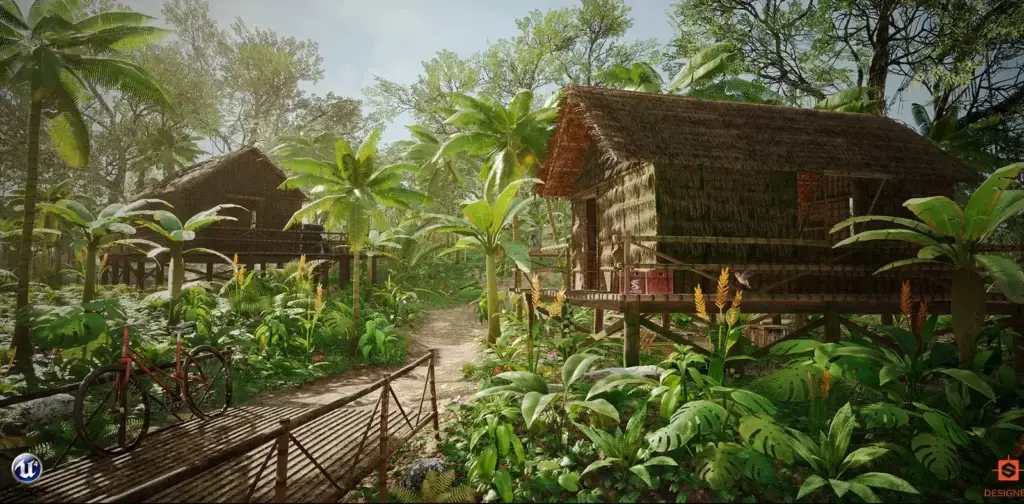
Cons
Unprofessional clients
One of the worst things about being a freelancer? According to our very own Henry Craven, chasing payments. “As a freelancer, I either wanted to spend my time gaining more projects or producing artwork. Having no support around me meant that alongside this, I also had to write contracts, produce invoices and chase clients for payments. This for me took the fun out of freelancing.”
As such, it can be hard to break into freelancing for someone who isn’t business savvy; it’s estimated only about 40% of freelancing is actual work – the rest is invoices, payments, taxes, ect. In addition, overheads can easily add up.

This is where sites like CGHero come in.
Sites like us provide a steady stream of clients looking to hire, with a colourful array of potential tasks; additionally, internal producers chase up clients and sort through information for you, allowing you to make a start on each job without added bureaucracy. What sets CGHero apart from other freelance sites is the lack of artist-side fees; instead of taking large percentages as earnings, everything you earn on the site is completely yours.
Finding clients & Instability
Possibly the biggest downside to become a freelancer, and definitely the most daunting one, is finding work. Many freelancers recommend word of mouth or social media to get around this, as many report the majority of the clients are returning customers who repeatedly employ the same artist. However, there’s an easy solution to this; check out our article here for finding clients.
Taxes
Doing your own taxes is another element of difficulty in full-time self-employment. This can be confusing, and each country have their own It also means registering yourself as self employed, which can interfere with health and car insurance. Unfortunately, when it comes to this, you’re pretty limited when it comes to resources as each salary, location and sector can have their own rules.
Pricing
Pricing yourself can be daunting, and in the case of a freelancer, extremely important. Improperly setting your rates can hinder you – too high, and clients will be put off, or expect too much; on the flipside, price yourself too low and you could be taken for granted, putting you in a difficult predicament. This is an issue that will effect every prospective freelancer, so don’t worry.
Remote work
Starting out as a freelancer can be scary – especially when you’re all on your own. Not everyone prefers working alone; many enjoy the social aspect of the office, as well as the structured day salaried work provides. Additionally, working in a tightly knit team and enjoying the benefits that provides is considered important by many, a factor can’t be guaranteed when seeking employment as an individual freelancer, and so many miss the collegiality that comes with working in a studio. Other physical aspects, such as networking, or getting your daily exercise in on the commute to work are important for many in splitting up their day, and so jumping into working from home full-time may not be for everyone. That said, the majority of remote workers (a whopping 84%) report being generally happier, less stressed and have an easier time managing a work/life balance.

In conclusion…
Whether you’re an established artist looking to make the jump into self employment, or a recent graduate wanting to build their work experience, there’s no time like the present. Freelancing may not be for everyone, but dedicated sites can make the transition easier and work more reliable.
Put the fun back into freelancing and sign up to CGHero; we’re expanding rapidly, and we would love to work with you.




